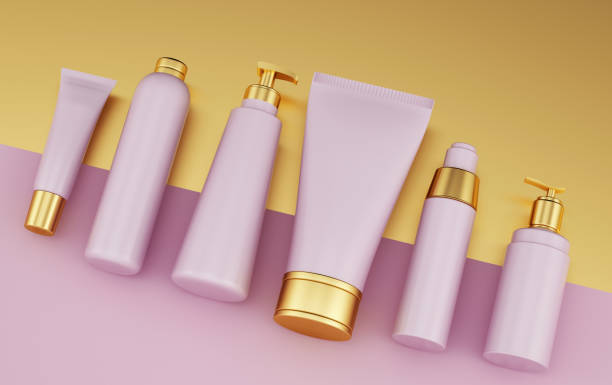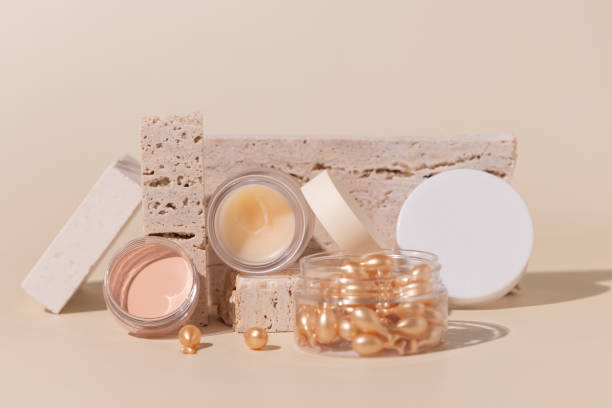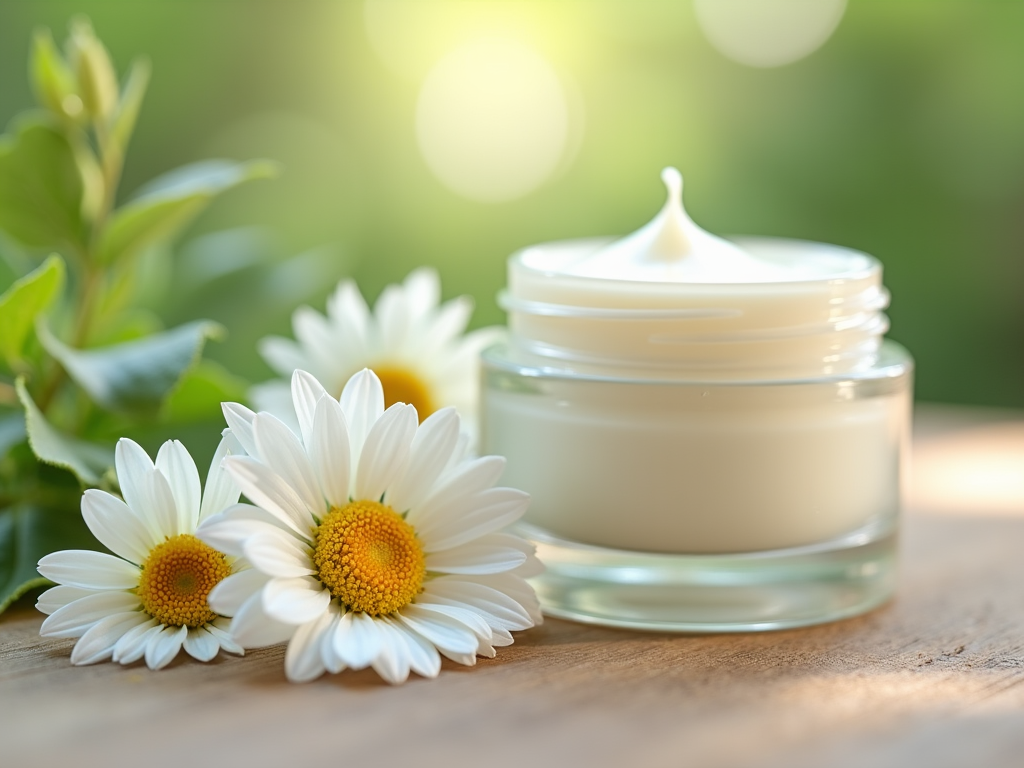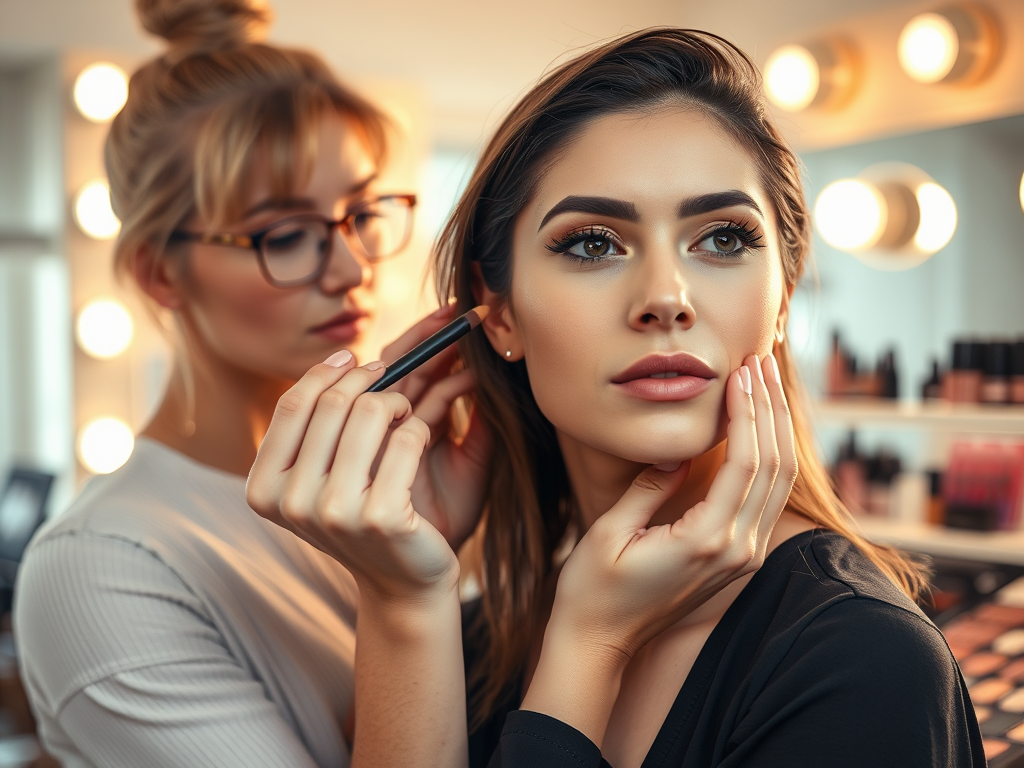Unveiling the best skincare products starts with understanding the vast ocean of creams, serums, and cleansers that cater to various skin types and concerns. Whether you’re battling acne, chasing away wrinkles, or seeking that perfect glow, the right skincare regime can make a world of difference. This article will explore a collection of top-tier skincare essentials that are revered in the beauty community, promising to elevate your routine and bestow upon you the luminous, healthy skin you deserve.
Daily Cleansers: Starting with a Clean Slate
Clean skin is the foundation of any effective skincare routine. Starting the day with a refreshing cleanse not only clears away impurities but also prepares the skin to absorb other products more efficiently. Here are a few outstanding cleansers:
- Gentle Hydrating Cleanser: Ideal for sensitive skin, it removes dirt without stripping the skin of its natural oils.
- Exfoliating Face Wash: For those with dull or uneven skin, an exfoliating cleanser can slough away dead cells to reveal a brighter complexion.
- Oil-Based Cleanser: Excellent for removing makeup and sunscreen, an oil cleanser can be particularly beneficial for dry skin types.
Beyond the type, it’s crucial to consider ingredients. Ingredients like salicylic acid can combat acne, while hydrating elements like glycerin keep the skin supple.
Toning: Balancing Act
Toners can sometimes be overlooked, but they play a pivotal role in rebalancing the skin’s pH after cleansing and offering an extra layer of impurity removal. A good toner will:
- Minimize the appearance of pores.
- Provide additional cleansing for skin prone to oiliness and acne.
- Deliver a quick hydration boost before the application of serums and moisturizers.
Look for toners containing soothing ingredients like aloe vera or witch hazel, and for those looking to tackle age signs, toners with antioxidants or hyaluronic acid are ideal.
Serums: Potent Skin Allies
Serums are concentrated formulas that target specific skincare concerns with their high active ingredient content. Here are some proven serum types that can significantly affect your skin’s health and appearance:
- Antioxidant Serums: Typically containing vitamins C and E, they fight free radicals and can help in preventing skin damage from environmental factors.
- Hydrating Serums: Often formulated with hyaluronic acid, they deeply hydrate the skin and reduce fine lines.
- Retinol Serums: Known for their anti-aging qualities, they promote cell turnover and can diminish the appearance of lines and wrinkles.
When selecting serums, consider your skin’s needs—whether it’s brightening, anti-aging, or hydration—and select a formula that targets your primary concerns.

Moisturizers: Sealing in the Goodness
Hydration is key, regardless of skin type. Moisturizers play a critical role in locking in the benefits of the products applied previously while ensuring the skin remains soft and hydrated. Options vary from light lotions suitable for oily skin to richer creams for dry skin. When looking for moisturizers, keep an eye out for:
- Non-comedogenic formulas, which won’t clog pores.
- SPF inclusion for daytime protection against UV rays.
- Emollient ingredients for those needing extra nourishment.
Applying moisturizer while the skin is still damp can also aid in better absorption and hydration retention.
SPF: The Non-Negotiable Final Step
Every skincare expert agrees that sun protection is the single most crucial step in your skincare regimen. Daily SPF use prevents premature aging, reduces the risk of skin cancer, and helps maintain an even skin tone. When selecting an SPF product, look for:
- Broad-Spectrum Protection: This will shield your skin from both UVA and UVB rays.
- SPF 30 or Higher: For sufficient protection, especially during extended outdoor activity.
- Water Resistance: A bonus for days involving swimming or sweating.
Regardless of the season or your time outdoors, applying sunscreen should be a daily habit, with reapplication every two hours when exposed to direct sunlight.
Conclusion
Incorporating the best skincare products into your regimen can drastically transform your skin. Aim for a balanced mix of quality ingredients that address your unique needs and remember that consistency is key. Daily cleansing, toning, application of targeted serums, ample hydration, and diligent sun protection will pave the way for a radiant, youthful complexion. Over time, dedication to this routine will not only improve skin appearance but also bolster skin health. Always take the time to research and select products that align with your skin type and concerns, and don’t be afraid to consult a dermatologist for personalized advice.
FAQs
- Can I use the same skincare products year-round? It’s often recommended to adjust your skincare products depending on the season. In the winter, you may require more hydrating and rich products, while in the summer, lighter formulations and higher SPF are advisable.
- How can I determine my skin type? Generally, you can observe your skin’s behavior. Oily skin tends to have a shiny appearance and larger pores, dry skin may flake and feel tight, while combination skin has areas that are both oily and dry. You can also consult with a dermatologist for a professional assessment.
- Is it necessary to use a serum? While serums are not mandatory, they can significantly boost your skincare routine’s effectiveness. They are packed with concentrated active ingredients that target specific concerns more aggressively than other products.
- How often should I apply sunscreen? Sunscreen should be applied every day, regardless of whether you spend time outdoors or not. If you’re outside or by windows, reapplication is necessary every two hours to maintain protection.
- Is there a one-size-fits-all skincare routine that works for everyone? No, skincare is highly individual. What works best for you may not work for someone else. It’s essential to choose products based on your skin type, concerns, and how your skin responds to different ingredients.



